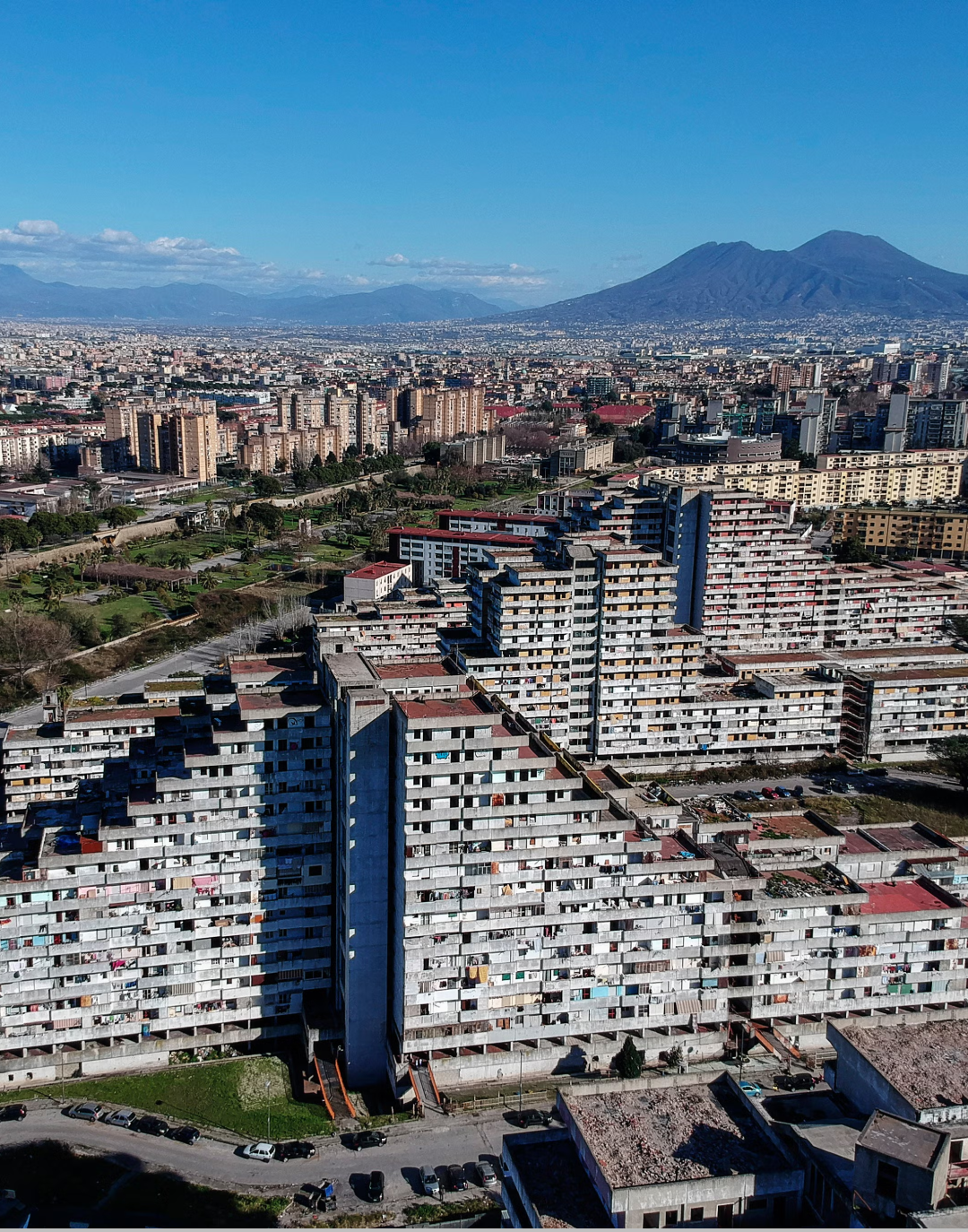
Why are these Olympics among the cheapest in history? Costing almost half as much as Tokyo, they are the cheapest since the 90s

€11.8 billion. This would be the amount spent on organizing the Paris Olympics. A colossal sum, certainly, but actually modest compared to other Olympic editions. Indeed, the Paris Olympics are among the least expensive Games since the 1990s, alongside the Atlanta Games (€5.1 billion) and the Sydney Games (€7.6 billion). In comparison, the Beijing Games cost €44.7 billion and the Rio Games €45.5 billion. These titanic sums scandalized citizens at the time. But how did France manage to organize one of the least expensive Games?
According to CNBC, it is thanks to the number of existing infrastructures that Paris did not have to spend as much money as other countries. In fact, the French capital only had to build one competition site for the Games: the aquatic center in Saint Denis, which reportedly cost €200 million. Unlike its predecessors, France is accustomed to hosting large-scale international sporting events and has many suitable facilities: the Stade de France in Saint-Denis, the Roland-Garros site in Paris, and the National Velodrome in Saint-Quentin-en-Yvelines. Additionally, maximizing the use of existing public transport has also allowed Paris to save money. For example, for the Rio 2016 Olympics, Brazil extended a metro line to connect tourist centers to the Olympic facilities. This ambitious project cost €2.7 billion.
According to Andrew Zimbalist, an American economist, building infrastructures specifically for the Olympic Games often results in disproportionate maintenance costs as the local population rarely uses them. To ensure sustainability beyond the Games, it would be preferable for cities with already suitable infrastructures to host each edition. According to the economist, the ideal scenario would be to have a permanent host country for all Olympic editions to avoid unnecessary constructions. A convincing idea on paper but politically, it seems unrealistic. However, it should be realized that comparing budgets with previous editions is difficult because one must not only consider inflation but also recognize that the number of events has increased significantly over the years: from 237 events at the Seoul Games in 1988, we have now reached 329 in Paris. Thus, it is no longer the same Games being organized.










































